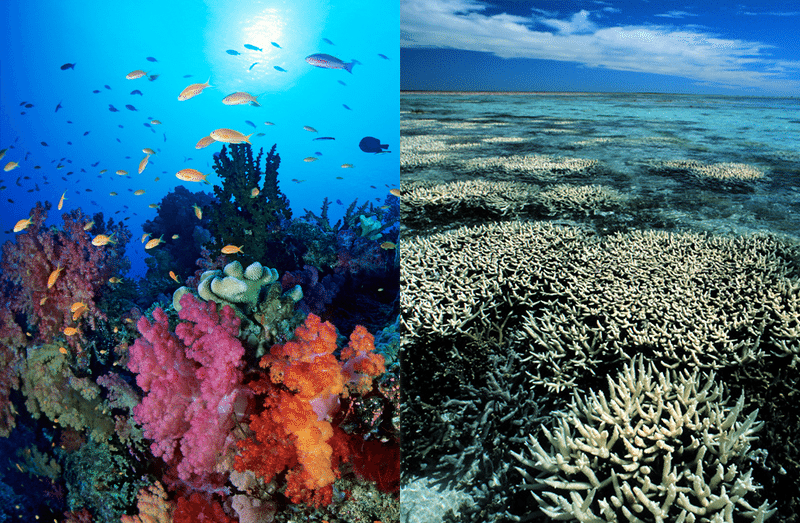- https://www.nbcnews.com/news/us-news/banning-plastic-straws-will-not-be-enough-fight-clean-oceans-n951141 : This is an op-ed on banning plastic straws. It will be useful because it has many different aspects such as pictures and statistics.
- Documentary- A Plastic Ocean (2016) : This is a documentary on plastic pollution and how it affects the oceans. It will be useful because it gives a first hand look at the plastic in oceans.
- https://www.clarepress.com/podcast/2018/6/22/podcast-ep-47-ocean-plastic-warrior-tim-silverwood : This is a podcast on how plastic affects the oceans. It will be useful because it has two speakers, one of which is a campaigner for plastic pollution.
Smart Cities
Last semester, I took a complex problems class called “Maxing Out Planet Earth”. In this class we learned about ways to help the environment in order to support the growing population. One thing that stood out to me from this class was the topic of “Smart Cities”. Smart Cities are urban cities that use technology to improve life and the environment, which can include things such as free wi-fi in all public spaces, or robots to deliver food and packages. At the same time, smart cities also aim to be environmentally friendly through the use of this technology and by incorporating things that are good for the environment such as more biking paths or renewable energy sources. Even though we already have “smart” devices like Amazon Alexa and smart security devices, there are not many cities that are full of smart technology.
One example of a “smart city” is Songdo, South Korea. This city is made of 40% green space with many biking and walking paths, charging stations for electric vehicles are all throughout the city, there is a central waste disposal system which reduces the need for garbage trucks, and solar panels and LED lights can be found in most buildings throughout the city. The biking and walking paths can encourage people to not use cars as much which emit harmful gases, and the charging stations could encourage more people to get electric vehicles. The city is also built around a central park that is filled with local plants to maintain biodiversity. The main aim of smart cities is to use technology to promote environmentalism, and Songdo is one city that is doing that well.
 This picture sums up smart cities. Picture source: https://internetofbusiness.com/global-smart-city-platform-market/
This picture sums up smart cities. Picture source: https://internetofbusiness.com/global-smart-city-platform-market/
I think smart cities would be good for the environment because they could not only make things easier for us, but also help improve the environment. We could cut down on gas emissions and our electricity use, and overall save a lot of energy.
